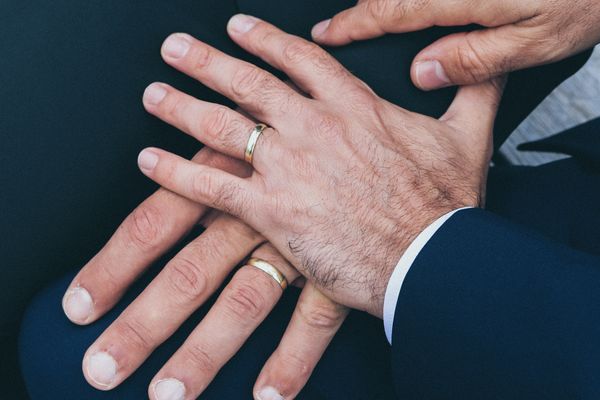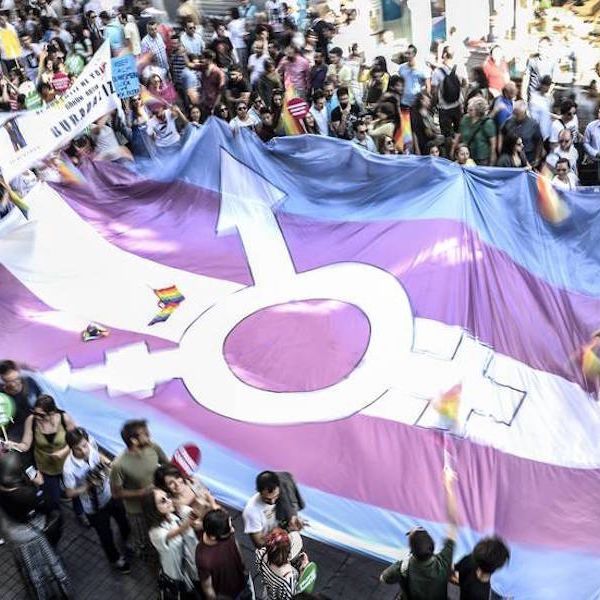In today’s population, 3.8% of the world identify as lesbian, gay, bisexual, transgender, or queer. Although being open about your sexual preference is more accepted in society today, some still struggle with being who they truly are. This community often feel guilt towards their friends or family, have a fear of living in public, or even develop major depression.
Naturally, most people who come out as LGBTQ generally feel remorseful or guilty for being who they are or for loving whom they choose to love. Most feel as if their lifestyle will also affect their interpersonal relationships. Sarah Dawgert describes “Interpersonal Discrimination,” with the example, a transwoman is rejected by her friends and family when expressing her gender identity. Also, families could be very religious and those religious beliefs may tell them that being with the same sex is damned or forbidden. If someone is raised that they will be “damned” or “sent to hell” due to the fact that they love the same sex, it could cause them to feel more guilt than they would without the religious background. It could also be not how but where you are raised that determines the acceptance of sexuality. In the south, especially, people tend to believe that being gay is wrong, and they shun people for it simply because it is different. In the south, people are told not to be outside of the ordinary and to stick to what you know. This thought process has been passed down from generation to generation, meaning that being different from anything other can be extremely hard to accept.
Granted, the people of the LGBTQ community have a fear of living and going out into the public. One reason is because up to 68% of individuals who do identify as LGBTQ have reported suffering from employment discrimination such as termination. The youth of the LGBTQ community suffer along with the adults. The youth that have reported being open with their parents/guardians about their sexuality report 50% negative outcomes while 26% report actually being kicked out of their own family home. With it being the youth, this type of response could cause them to expect this type of treatment in the future with jobs and relationships. These individuals feel as if they cannot live up to the expectations set by their peers due to their sexuality. By being put in these unfortunate situations, it gives the people of this community false hope of being accepted in society or by anyone at all.
Furthermore, depression could be a key component in an LGBTQ individuals life. Between 30-60% of LGBTQ persons suffer from anxiety or depression. In certain situations, you analyze and determine how to safely be yourself and that analization normally stems from high levels of prejudice and discrimination. In these types of situations, it is typical to have flashbacks of shame, worry, or pain due to your sexual preference. Depression is a serious mental illness that can determine someone’s life. This mental illness can affect a person’s mood, body, and thoughts. Many people who suffer from Clinical Depression ponder thoughts of suicide as well. The rate of suicide attempts in LGBTQ youth is 4 times greater and 2 times greater than questioning or straight youth.
Hence, being apart of the LGBTQ community will not and is not going to be easy. It can certainly make you feel guilty, make you not want to go out or live in the public, or even cause Clinical Depression. In the words of President Barack Obama, “No one in America should ever be afraid to walk down the street holding the hand of the person they love.”





















